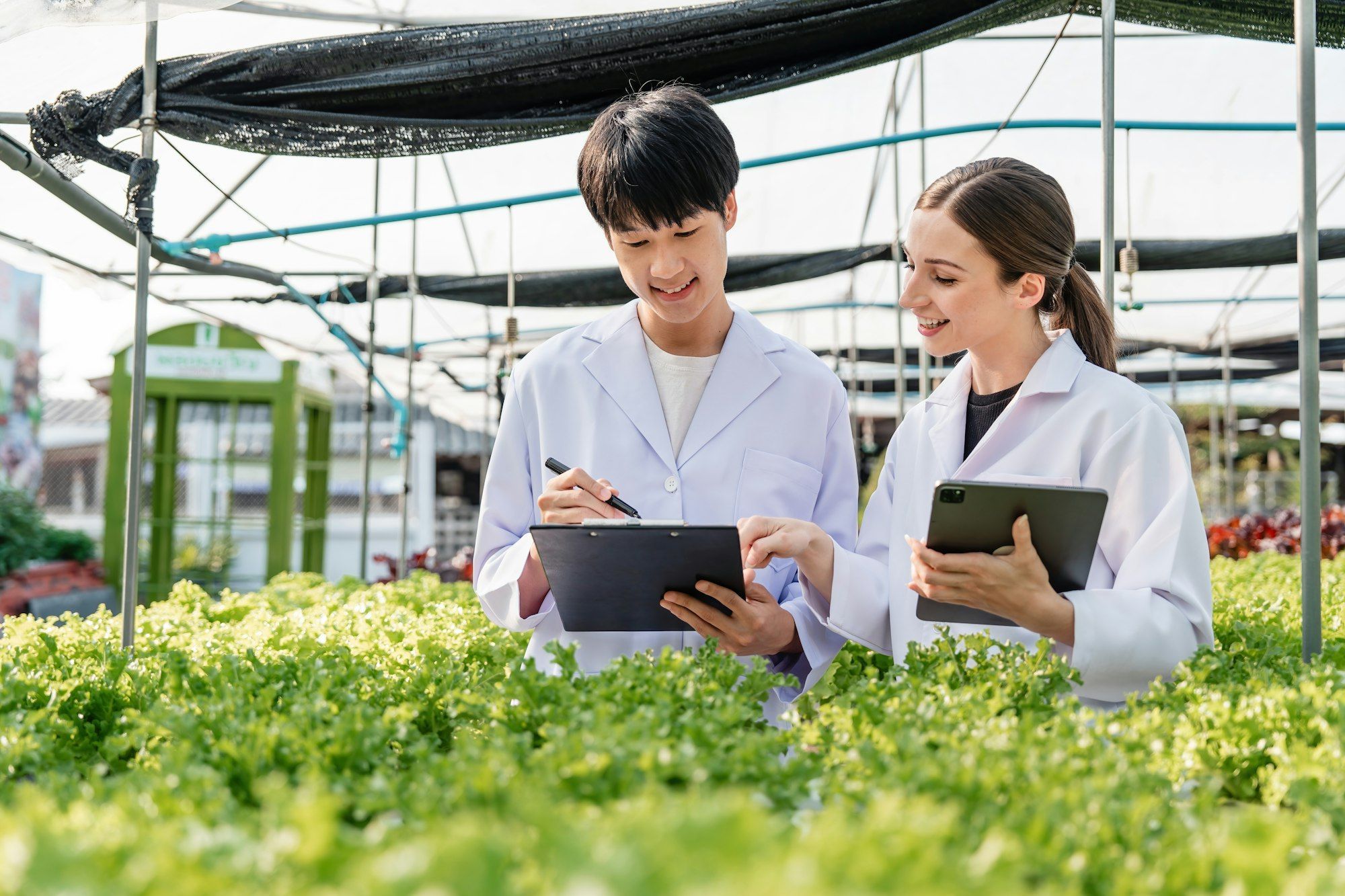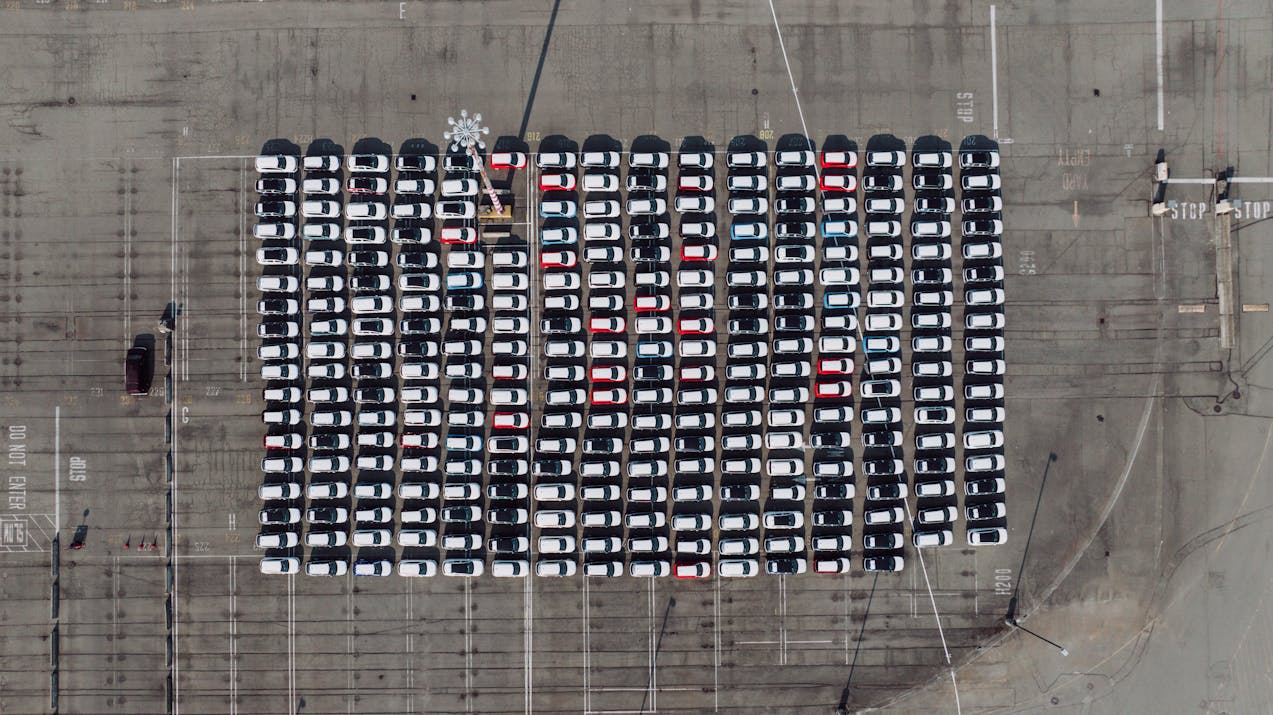Discover the world of automobiles with AgonyAndIvy.com.
Explore AgonyAndIvy.com
Welcome to AgonyAndIvy
Premier Digital Platform for the Automotive Industry
At AgonyAndIvy.com, we provide comprehensive insights, news, reviews, and tips on all things automotive.
Expert Guidance for Informed Decisions
Our team of experts will guide you through your automotive journey, helping you make educated decisions and enhancing your overall experience.
Make Informed Decisions
AgonyAndIvy.com provides comprehensive insights and resources to help you navigate through your automotive journey.
Enhance Your Automotive Knowledge
If you’re an automotive enthusiast or in the market for a new vehicle, AgonyAndIvy.com is the perfect resource for you.
Discover Our Range of Services
We offer a wide variety of services related to the automotive industry, including maintenance, repairs, and custom modifications.
Expert Reviews and Comparisons
Our team of experienced automotive experts provide unbiased reviews and comparisons of different vehicles to help you make an informed decision.
Enhance Your Auto Experience
From purchasing to maintaining and customizing your vehicle, we have you covered with our range of services and tips.
Explore Our Automotive World
Experience everything the automotive industry has to offer with our top-quality services and comprehensive insights.
Expert Services for All Vehicles
No matter the make or model, our skilled technicians can handle any maintenance or repair needs for your vehicle.
Stay Up-To-Date on the Latest Trends
With our regularly updated content and reports, you can stay informed about the latest trends and advancements in the automotive industry.
Quality and Reliability You Can Count On
Our services and content are built upon a foundation of excellence and reliability, ensuring the best experience for our clients and readers.
It’s time to level up
Ready to enhance your automotive knowledge and experience?
Become a part of the AgonyAndIvy community and gain access to comprehensive insights into the world of automobiles.
Numbers You Need To Know About Our Products
Get detailed information and numbers about various products, facilitating vehicle comparisons for enthusiasts and buyers.
Recent Blog Posts
Stay up to date with the latest news, reviews, and tips in the automotive industry by browsing our recent blog posts.

Exploiter le potentiel de croissance d’une agence de production vidéo
Unlocking growth in a video production agency demands more than creative talent. Combining comprehensive services[…]

Mastering the Art of Wearing Fishnet Stockings in a Professional Office: A Guide to Balancing Style and Subtlety
Fishnet stockings can elevate your professional wardrobe, presenting a bold yet polished statement. The key[…]

The Future of Technology for a Successful Year
The Future of Technology: Navigating the Next Frontier for a Successful Year As we step[…]

Elevate Your Winter Business Formal Look: Styling Tips for a Sweater Dress
Winter business attire can feel cumbersome, but a sweater dress offers the perfect blend of[…]

Elevate Your Wardrobe: Stylish Ways to Wear a Timeless Camel Coat for a Chic Professional Look
A camel coat is more than just outerwear; it’s a versatile staple that elevates any[…]

The Role of Technology in for Navigating Uncertain Times
Navigating Uncertain Times: The Crucial Role of Technology In today's fast-paced and ever-changing world, uncertainty[…]

How to Improve Your Game for a Successful Year
How to Improve Your Game for a Successful Year Understanding the Foundations of Success When[…]

Pet Health Tips You Need to Know About
Pet Health Tips You Need to Know About Taking care of your pet is a[…]

Selecting Optimal Nutritional Supplements for Your Aging Parrot: A Comprehensive Guide
Selecting Optimal Nutritional Supplements for Your Aging Parrot: A Comprehensive Guide As your parrot ages,[…]

The Evolution of to Ensure Success
Success is not static; it evolves. Understanding the factors that drive this evolution can empower[…]

How to Train Like a Pro You Need to Know About
Want to train like a professional? Discover the techniques and insights that elite athletes use[…]

Mastering the Art of Teaching Your Dog to Roll Over: A Guide to Positive Reinforcement Techniques
Mastering the Art of Teaching Your Dog to Roll Over: A Guide to Positive Reinforcement[…]

How the Latest Events for Staying Ahead of the Curve
Staying Ahead of the Curve: The Latest Trends and Strategies in the Event Industry In[…]

Fitness Tips for Athletes in 2024 and Beyond
As athletes strive for excellence in 2024 and beyond, effective fitness strategies are essential. Adapting[…]

In-Depth Analysis You Need to Know About
Understanding complex topics requires more than surface-level knowledge. The intricate layers behind significant issues can[…]

How to Organize Your Home and Their Long-term Effects
Organizing your home doesn't just create a tidier space; it sets the foundation for long-term[…]

How to Boost Your Immune System and Their Long-term Effects
An effective immune system is your body's frontline defense against illness. Strengthening it isn't just[…]

Interior Design Tips to Watch Out for This Year
This year, interior design takes a fresh turn with an emphasis on sustainability and personalization.[…]

How to Manage Stress to Ensure Success
Stress management is vital for success in both personal and professional spheres. High-pressure situations can[…]

In-Depth Analysis Shaping the Future of the Industry
Industries evolve rapidly, influenced by technological advancements and shifting consumer demands. This analysis explores key[…]

